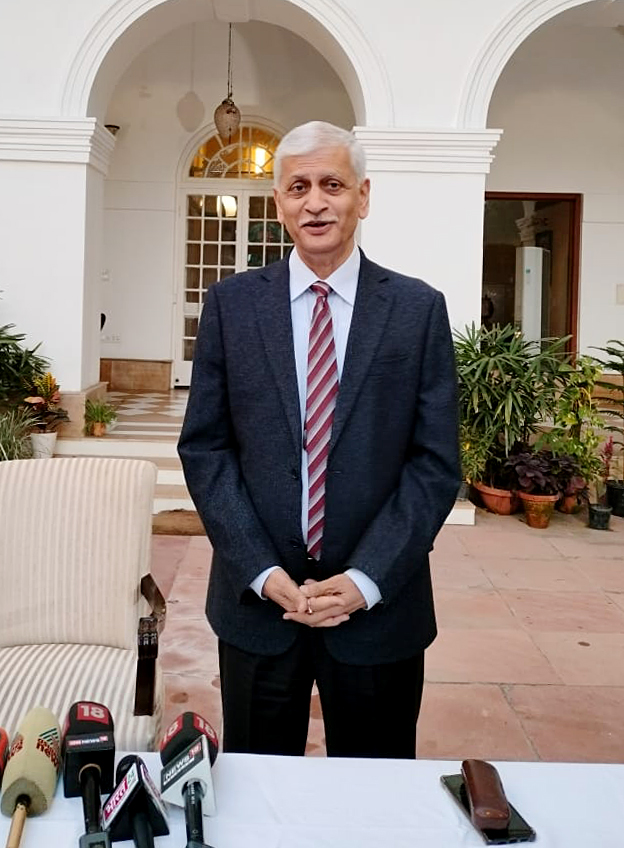Amid the mass outcry over the acquittal of three accused in the Chhawala rape and murder case, former Chief Justice of India UU Lalit said unless and until that guilt is completely established, circumstantial evidence case theory is not to be accepted.
Justice Lalit said, “The element was purely based on circumstantial evidence. Law is clear that facts must point only in direction of the guilt of that man, unless and until that guilt is completely established, circumstantial evidence case theory is not to be accepted.” On the public outcry on his judgement in the Chhawala rape case, Justice Lalit said the law is that the chain must get completed.
“There were actually no circumstances that could point in their direction conclusively. The law is that the chain must get complete, it is on account that the benefit of the doubt must flow in that direction,” added the former CJI.
The apex court quashed the Delhi High Court and released three accused who were awarded the death penalty by a lower court after being held guilty of raping and killing a 19-year-old woman in Delhi’s Chhawala area in 2012.
A bench of Chief Justice of India UU Lalit, S Ravindra Bhat and Bela M Trivedi quashed the judgment and orders of conviction passed by the trial court and the High Court in the case.
“Every case has to be decided by the Courts strictly on merits and in accordance with law without being influenced by any kind of outside moral pressures or otherwise,” the top court remarked.
The three accused moved Supreme Court challenging the capital punishment awarded by the Delhi High Court.







